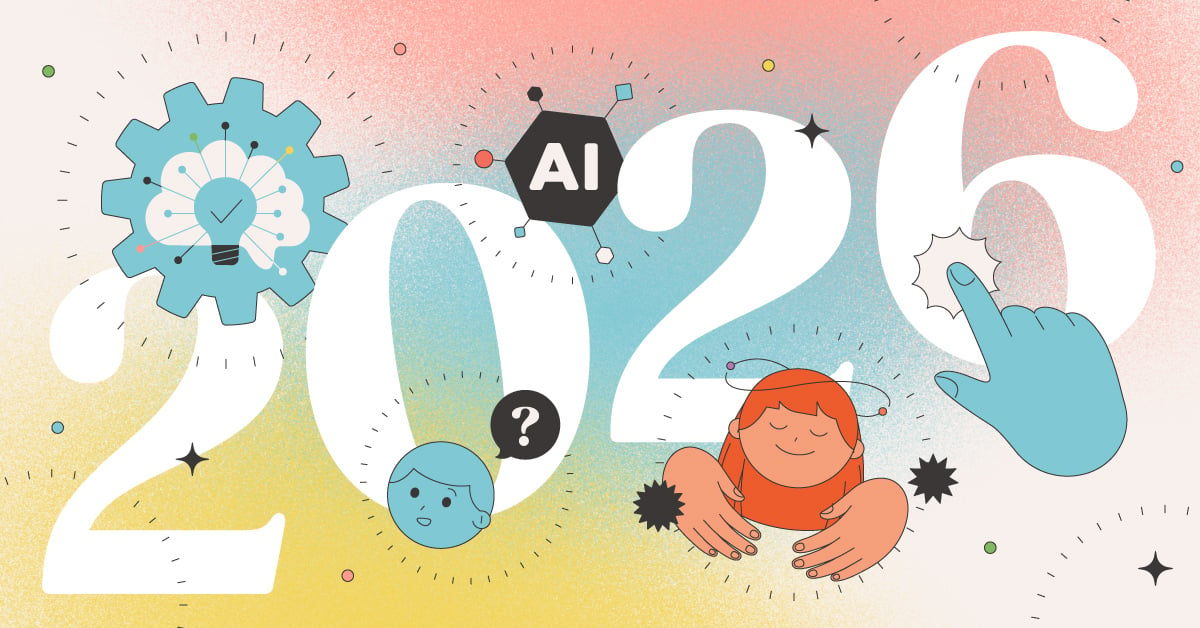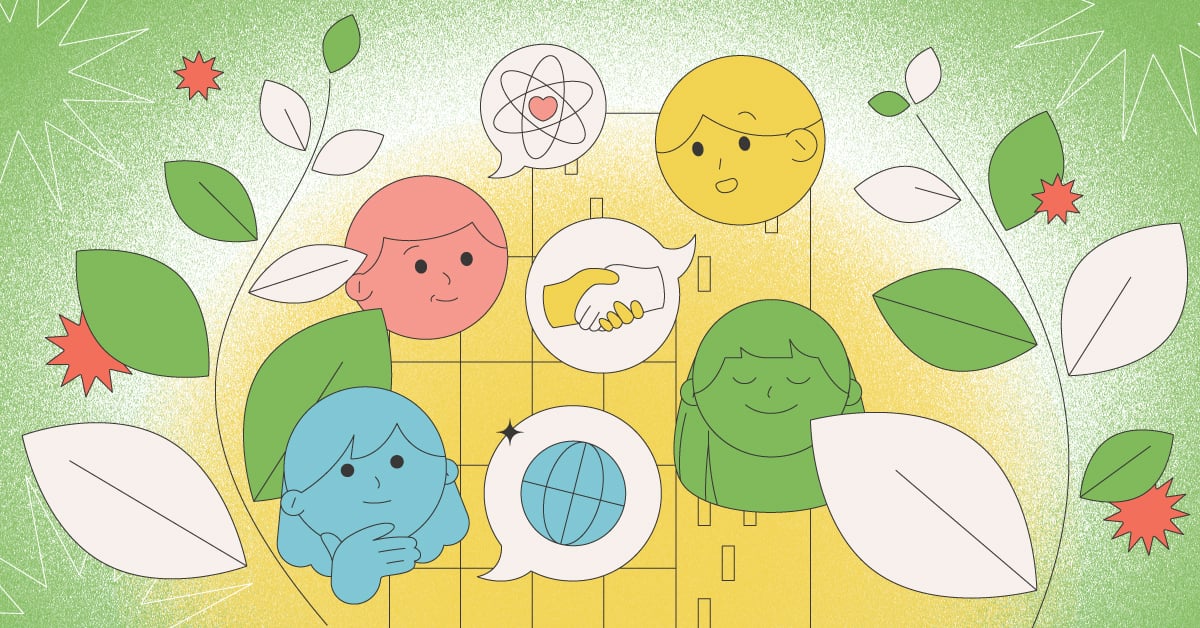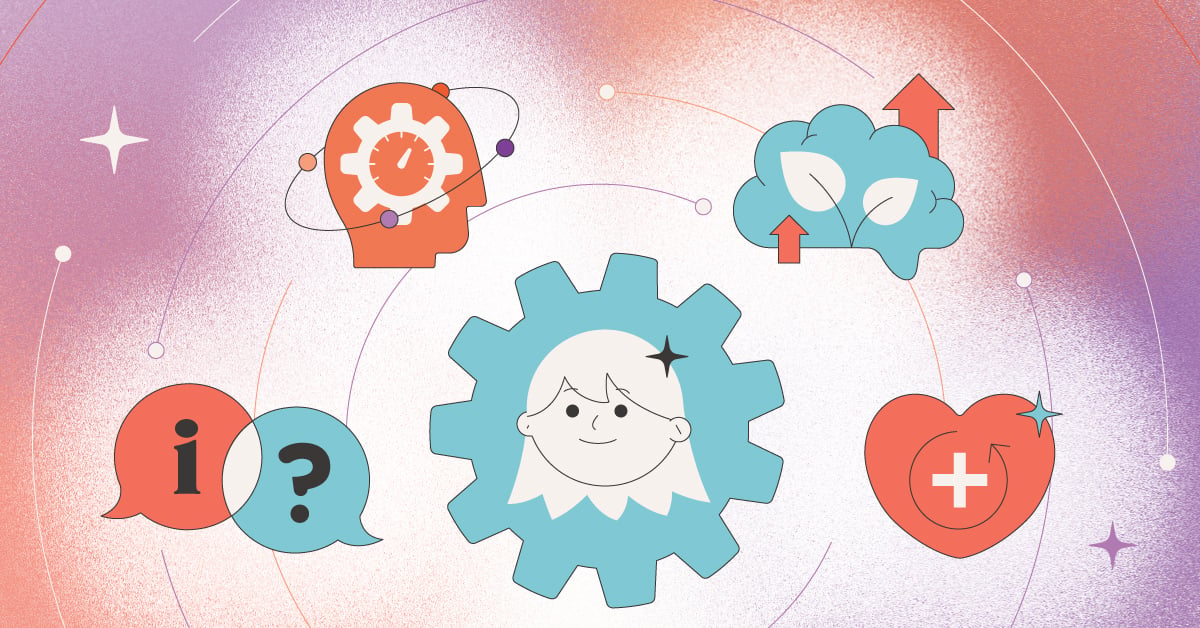
If you have high emotional intelligence (EQ), you never get upset, you’re highly emotional, and you’re a people pleaser.
If you agreed to any of those statements, you’ve likely bought into the myths about EQ that most people assume are true. There’s a lot of buzz around EQ in the workplace, which often comes with misinformation.
Here are common EQ myths debunked, and the insights you need to know.
The Myth: Being ‘Nice’ Means You Have High EQ
The Truth: ‘Nice’ is Relative
People with high EQ have the ability to sense, understand, and effectively apply emotions for higher levels of collaboration and productivity. That doesn’t mean they’re always going to be nice. It also doesn’t mean that being nice makes you emotionally intelligent.
If someone constantly tries to please others by acting against their best interest, they are at higher risk for burnout and interpersonal issues. This can also cause conflict to fester and resentment to build over time.
Sometimes the most appropriate option can be unpleasant or not feel nice; people with high EQ have the ability to make sense of that.
The Myth: High EQ People Don’t Get Upset
The Truth: Everyone Gets Emotional! What Matters is How You Move Forward
Having high EQ doesn’t mean you always keep your cool. No matter how developed your emotional intelligence is, you’re still going to get upset, agitated, or dysregulated. You won’t always handle conflict perfectly.
You don’t have to avoid heightened emotions to have high emotional intelligence. You do have to be conscious of your reactions and work to keep emotions from running the show.
The Myth: You Can’t Measure EQ; It Just ‘Happens’
The Truth: You Can Measure and Develop EQ
Emotional intelligence isn’t a fixed trait, which means that it can be improved and changed. You’re not born with developed EQ; it’s not a natural talent. It’s something you can actively measure, study, and develop over time.
One of the best ways to start your EQ journey is to take an assessment and get debriefed by a coach or consultant. By getting a science-backed assessment of your emotional intelligence, you’ll have tangible data to support your growth. The right assessment will also give you development activities, tips for growth, and encouragement along the way.
The Myth: Gender Influences EQ
The Truth: Gender Does Not Affect Emotional Intelligence—The Work You Put In Does
There are many preconceived notions about EQ and gender; you might have heard that women are more emotional and, therefore, more emotionally intelligent, or that men have a better grasp of EQ.
Research from the National Library of Medicine shows no significant difference in emotional sensitivity between genders. Women were slightly better at identifying more subtle and ambiguous emotional cues, and men rated themselves lower on perception of their own EQ, despite not scoring lower. This study shows how powerful self-perception is when it comes to EQ.
People will have different levels of EQ based on their backgrounds, interpersonal skills, and personal experiences, but every person can develop their EQ with the right tools and coaching.
The Myth: High EQ Means You’re Highly Emotional
The Truth: EQ is About Handling Emotions, Not Intensity
While there’s nothing wrong with being a person who feels deeply, that intensity doesn’t necessarily correlate to high EQ. That’s where Self-Awareness and Self-Regulation come in.
Focusing on your ability to recognize and understand your moods, emotions, and drivers, as well as their effect on others, will combat strong emotional reactions. Focusing on controlling or redirecting disruptive impulses and moods will help you think before acting.
The Myth: High IQ = High EQ
The Truth: IQ and EQ Don’t Directly Correlate
Many people assume that IQ and EQ are linked, but having a high score in one doesn’t determine a high score in the other.
“Having a high IQ does increase the likelihood of better EQ understanding, due to social pattern recognition,” said Robert Stokes, Research Scientist at TTI Success Insights. “This, however, is only a side effect of the other intelligence dimensions. I tend to think of it like this: just because you can perceive the social connections does not mean you understand them.”
Recognizing this difference allows individuals to focus on developing both intellectual and emotional skills for a more well-rounded and effective approach to personal and professional challenges.
Emotional intelligence can be complicated, but you can get the insights and understanding you need to develop and thrive! If you’re curious about your EQ and want to expand your knowledge, we’re ready to help. Contact us here to get started.



